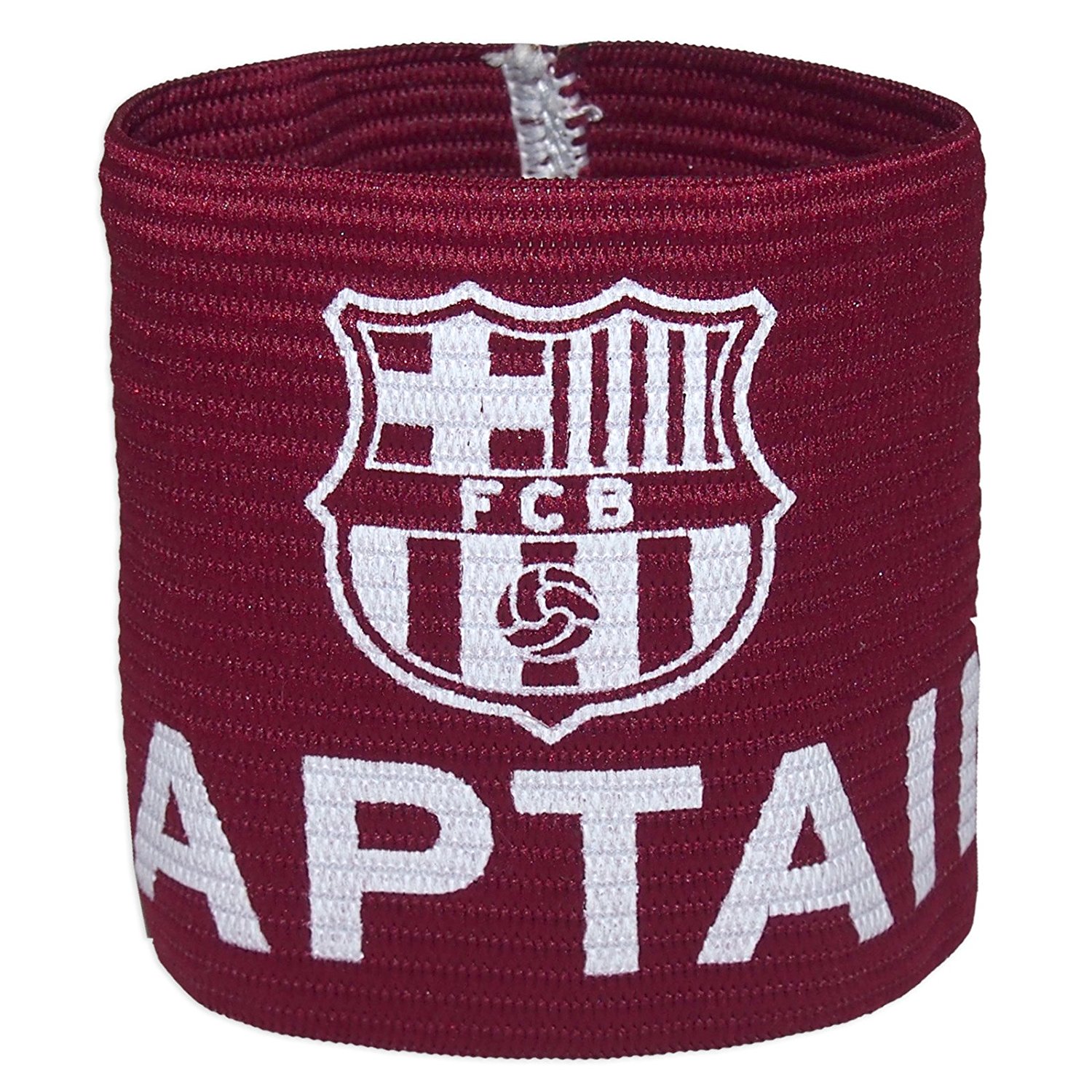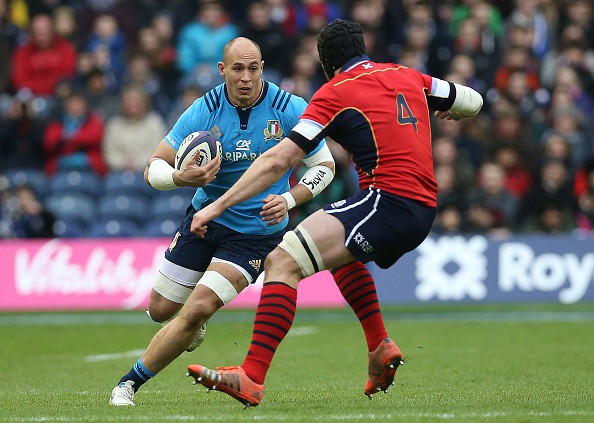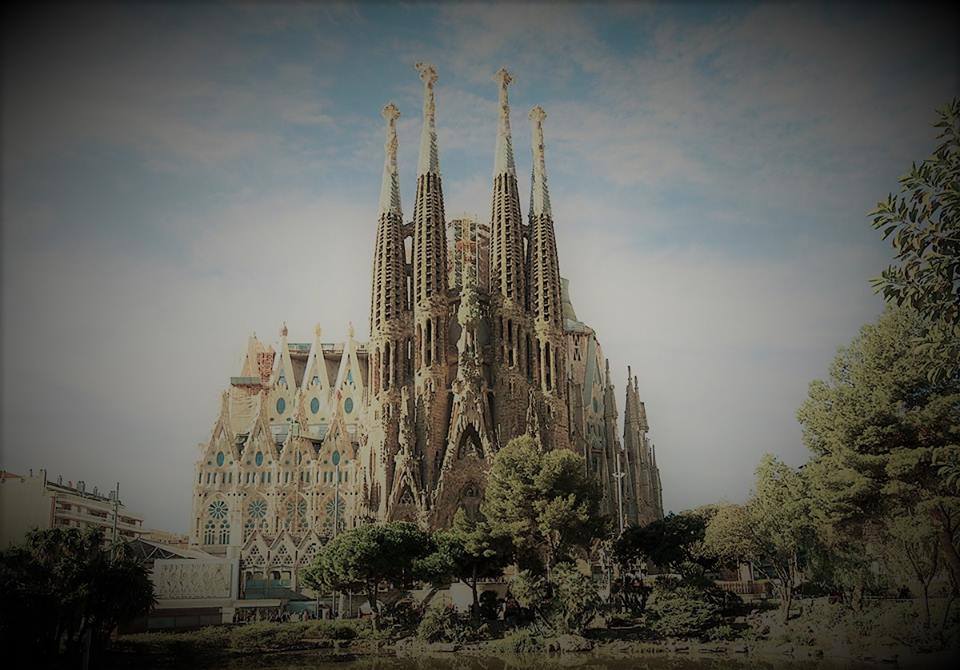Més que un Club: Barcelona FC since 1899
Bags Free by Bon Bags will be fine in the city of Football Club Barcelona! Of its two colors, blue and garnet, the second is also a little ours! …

Més que un Club: Barcelona FC since 1899 #BagsFree #BarcelonaSants
Blue and garnet, the Blaugrana
Blue and garnet have featured on the Barça shirt for more than one hundred years and the Club is widely known as the ‘Blaugrana’ in reference to the names of these colours in the Catalan language.

Més que un Club: Barcelona FC since 1899 (photo original: https://media-public.fcbarcelona.com/20157/0/document_thumbnail/20197/54/144/2723894/1.0-10/2723894.jpg?t=1476743570000)
Més que un Club: Barcelona FC since 1899 – More than a Club
The slogan “more than a Club” expresses the commitment that Futbol Club Barcelona has maintained and still maintains beyond what belongs in the realm of sport. For many years, this commitment specifically referred to Catalan society, which for many decades of the 20th century lived under dictatorships that persecuted its language and culture. Under these circumstances, Barça always supported Catalan sentiments, and the defence of its own language and culture.
It was because of this,even though Catalan was not an official language, that in 1921 the club drafted its statutes in the language of Catalonia. It was also in this era that in 1918 the club adhered to a petition for a statute of autonomy for Catalonia, which was being demanded from all sectors of the catalanista movement.
The club’s position led to reprisals from the Spanish authorities and it was closed down for six months under the Primo de Rivera dictatorship. During the Second Spanish Republic, the club intensified its message of implication with Catalonia’s own culture and institutions. President Josep Suñol led this process using the slogan “sport and citizenship”, the purpose being to imply sports in the country’s social and cultural affairs.
Suñol, who was also a member of parliament, was shot dead early in the Spanish Civil War in 1936; and from then on, the Club came to be an icon of the defence of the Republic, as shown by the tour of Mexico and the United States in 1937. When the Civil War ended, General Franco’s dictatorship sought to destroy the club’s social significance.
It enforced the Spanish version of its name and the removal of the four Catalan stripes from the badge. Despite the dictatorship’s persistence, in the late 1960s the Club started recovering its former spirit, evident in the speeches of President Narcís de Carreras, the man who coined the famous phrase “more than a Club” in 1968. Outside of Catalonia, in many parts of Spain, Barça also became a symbol of democracy and anti-centralism. When democracy returned after the death of Franco, the Club maintained its social commitment and new ways of supporting good causes emerged, which would later be encompassed by the creation of the Club’s Foundation.
Now in the age of globalisation, Barça has extended its social commitment to the rest of the planet, with a specially significant event being the signing of an agreement with Unicef in 2006, which was a way of saying that a sports club should not be marginal to problems going on in society, in this case, the plight of children around the world. Because of this, Barça continues to be “more than a Club” both in Catalonia and elsewhere in the world, and is implied in numerous cultural, social and charity initiatives.
Below we take a look at the four of the defining traits of Futbol Club Barcelona.
CATALANISM: Since its very foundation, FC Barcelona has been intrinsically linked to its country, Catalonia, a commitment that comes from society as a whole and one that is understood by Barça fans in the rest of Spain and in the rest of the world. The Club firmly and strongly promotes Catalonia around the world. Barça supports an integrated, multicultural, fair and caring Catalonia.
UNIVERSALITY: When the Club anthem says ‘it does not matter where you come from’, it expresses the spirit of an institution open to everyone, that brings together fans from around the five continents and links them to a history in which half of the Club’s founders were from outside Catalonia. FC Barcelona has members and supporters’ clubs in more than 50 countries, from Cameroon to China, millions of fans come together to make Barça great.
SOCIAL COMMITMENT: Barça is an open club, one that brings people together and promotes positive values on a daily basis whether it be via its own Foundation, via agreements with international institutions such as UNICEF, or via collaborations with local organisations such as ‘Banc dels Aliments’. These projects are usually developed in areas such as educations, the arts and culture as well as in community support and developmental aid.
DEMOCRACY: The Club members are also its owners and they decide democratically who it is that ought to run FC Barcelona. The democratic principle is a fundamental pillar of the Club and it has only been neglected when dictatorships have intervened. Today Barça is one of the few big European clubs that is run democratically, another factor in its unique appeal.
(source: https://www.fcbarcelona.com/club/identity/card/more-than-a-club-)




























